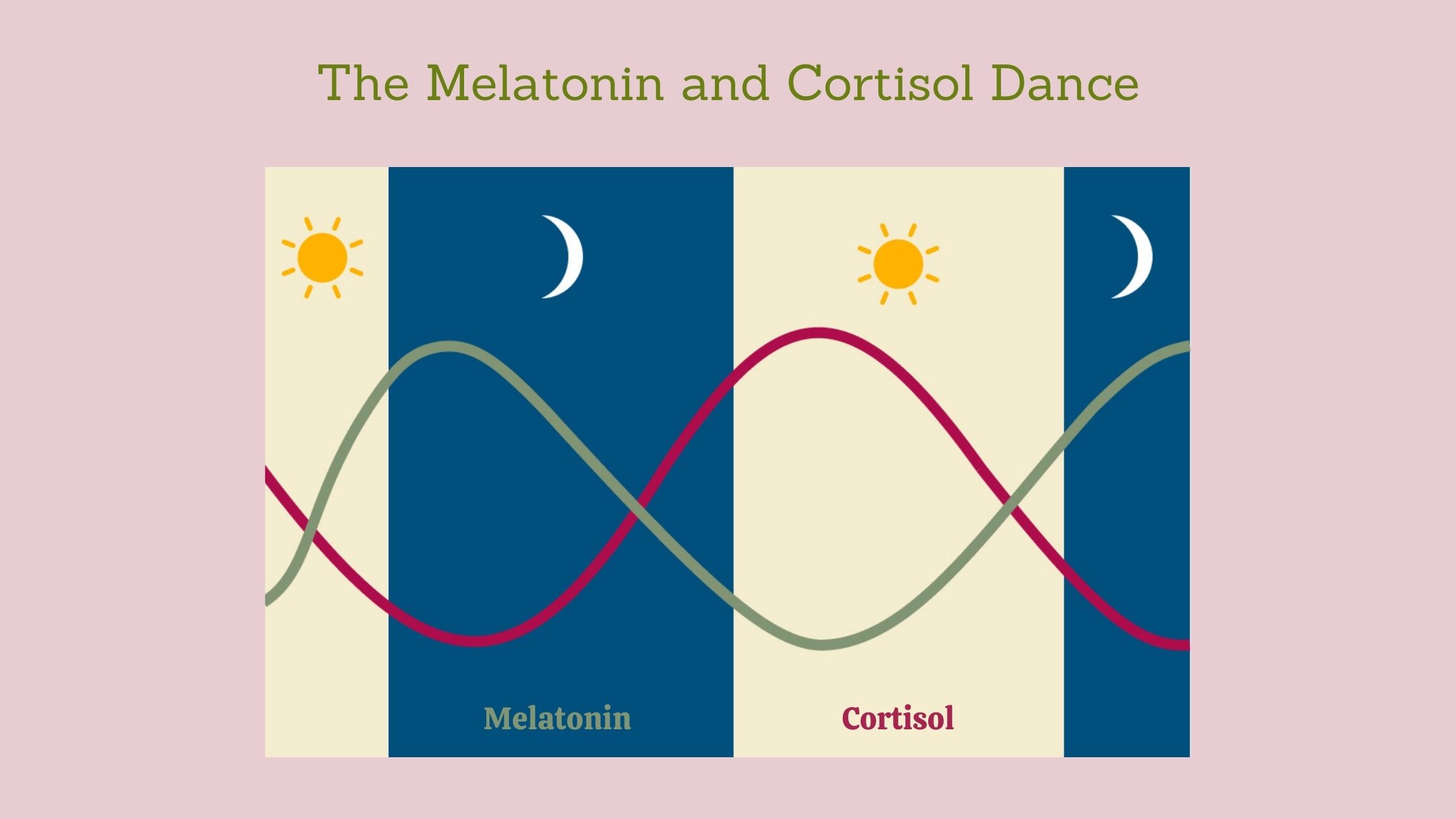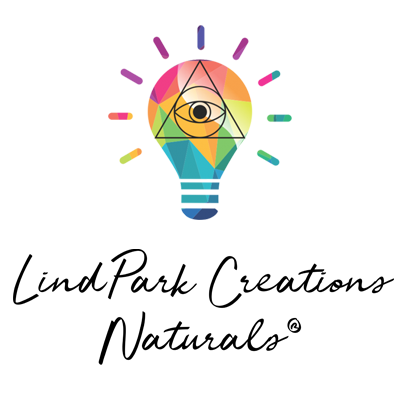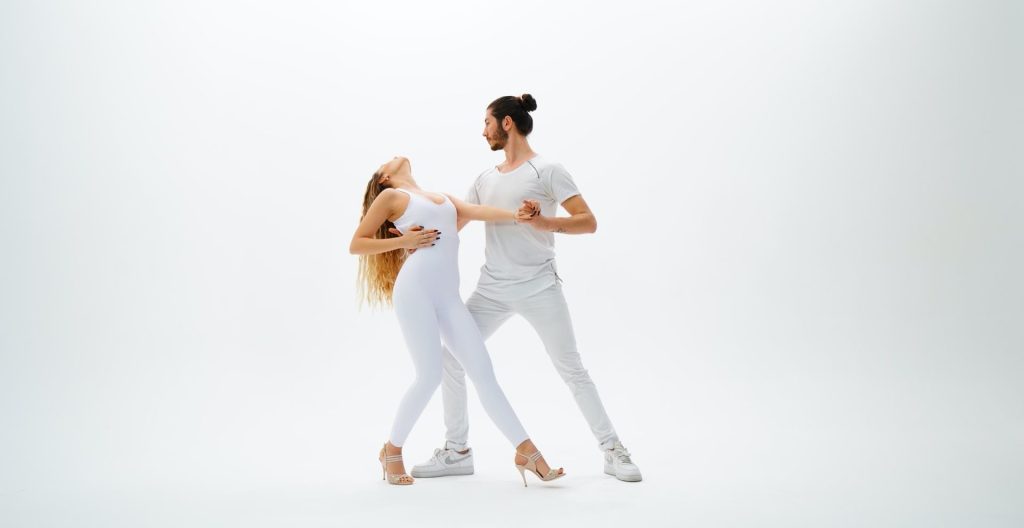Some of you might think: “Oh no… not another blog post about sleep!”
But this is not another wishy-washy post about the importance of sleep and how… are you sleeping already? Zzzzzzzzzz…
Sure, I want to help you sleep, but not like that!
I promise this won’t be your typical post about sleep. I’ll touch on the science of sleep, before discussing how it can affect your skin, the most effective remedies, and the first step you can take to improve the quality of your sleep.
But first I have to remind you about how important sleep is. No, no, don’t go away… this is very cool stuff I think you should know, and it’s just for the introduction 😊
Achieving adequate sleep is fundamental for physical recovery, immune function, mood resilience and cognitive health, amongst many other physiological functions.
Did you know that at night, brain cells shrink by 60%?
That’s required by the Glymphatic system. The Glymphatic system is the lymphatic system of your brain that flushes toxins and waste away from the brain into the circulatory system.
But here is the catch: the Glymphatic system only detoxifies and repairs the brain at night.
If you don’t sleep, toxins can’t leave the brain and they may cause inflammation and damage. This contributes to symptoms like headaches, brain fog, tinnitus, anxiety and depression and eventually degenerative diseases like Alzheimer’s.
Lack of sleep affects your skin
Then you have the impact of insomnia and poor sleep on your skin
The amount of sleep we get affects our body’s hydration levels. Research shows that people who regularly sleep for 6 hours or less each night are more likely to be dehydrated than those who sleep for 8 hours a night.
When we are dehydrated we are more exposed to skin problems such as eczema, psoriasis, discolouration and dry skin.
Sleep also stimulates collagen synthesis and when we don’t sleep enough, the skin loses its firmness and lines and wrinkles start appearing.
Now you understand why our skin is everything but glowing after a bad night’s sleep!
See how important sleep is? It’s also quite interesting how it all works, isn’t it?
Wait, there’s more. Now we’re going to talk about a dance, the dance that regulates your sleep.

Photo by Ahmad Odehon Unsplash
The dance between melatonin and cortisol
It all depends on the body’s circadian rhythm, which controls a variety of biological processes including the secretion of hormones, the regulation of body temperature and appetite.
The circadian rhythm also regulates the sleep-wake cycle, synchronising it with the natural cycle of light and dark.
To drive the process is the suprachiasmatic nucleus (SCN), A.K.A. the ‘master clock’, which is located in the hypothalamus.
The master clock stimulates the production of melatonin, the hormone that is responsible for our sleep, and cortisol, which is predominantly involved in the fight-or-flight response and therefore alertness and waking.
In bodies with a healthy circadian rhythm, melatonin and cortisol work in tandem, but in opposite cycles.
The clock in the pineal gland starts producing melatonin as it gets dark, gradually increasing its secretion two to three hours before bed. Melatonin peaks around midnight, then decreases until morning. Conversely, the brain produces cortisol upon rising, and decreases its secretion in the evening, until it reaches its lowest level around 11 pm.
Have a look at the dance on this graph…

That’s when your body is functioning as it should and you sleep well.
But, if you are stressed or exposed to blue light before going to bed, cortisol goes up at night time and melatonin goes down. And what happens to dancers who are out of sync? The dance ain’t pretty!
The culprits? Most likely blue light and stress
Exposure to natural light, which peaks at midday and reduces towards the evening, is the best way to regulate the circadian rhythm.
On the other hand, exposure to artificial nocturnal light, in particular the blue light emitted by electronic devices, interferes with the natural circadian rhythm.
This is how it all works:
- Our eyes are exposed to light
- The eyes send a signal to the Master Clock in the pineal gland
- The Master Clock produces cortisol and inhibits the secretion of melatonin
- We can’t sleep!

So you can see how LEDs, the primary source of light in televisions, computers, tablets and smartphones, lead to a significant increase in blue light exposure in the evening and at night, which ultimately causes poor sleep.
Something similar happens when we stress. Stress tells the body that we are in danger. Since we don’t feel safe, our body goes into a state of hyper-vigilance. It produces cortisol to keep us awake so we can face the real (or perceived) dangers around us.
Now that you understand how it all works, you can also see why simply taking melatonin won’t fix the problem.
Many young mothers feel exhausted from lack of sleep as their babies wake them up several times a night.
Then you have the young teenagers spending most of the night on their smartphones because of the social media-induced peer pressure or school-related stress…
And with the state of uncertainty caused by the pandemic, many people are living in a state of anxiety and stress: it could be due to health or financial concerns, high-pressure work environments, relationship issues, fear of losing their jobs., etc.
Many of them resort to high doses of prescription melatonin, without being told this could make the sleep problem even worse.
When they take excessive doses of melatonin, the pineal gland starts believing there’s enough of it in the body and therefore stops producing it. This creates a negative feedback mechanism which could lead the pineal gland to shut down completely.
People in this situation could experience side effects such as:
- Anxiety or depression
- Headaches and migraine
- Nightmares
- Dizziness
- Nausea
- Drowsiness
- Low blood pressure and arrhythmias
- Digestive disorders
- Restless leg syndrome
- Interference with other medications which causes more side effects
- Menstrual irregularities and issues with ovulating in women
- Prolactin (the hormone which stimulates milk production) over production in mothers
- Epilepsy and seizures (rare, but possible)
Melatonin is not a vitamin or a mineral, so it’s very important to check your levels first. It could be taken in some extreme cases, but definitely I don’t recommend it for children.
Children in most cases don’t need melatonin at all.
Basic lifestyle factors should be checked first. Children could be in pain, tired, scared of the dark, stressed or constipated, and taking melatonin won’t improve their sleep.
They may just need to be exposed to consistent cycles of light and dark, so they can produce the right amount of melatonin their body requires.
Bring the dance back in sync… and sleep well
So what’s the solution?
We can’t expect to use a magic wand to remove in the blink of an eye the root causes of stress. Certainly we can’t expect a mum to leave her baby crying all night long!

Photo by cottonbro from Pexels
For most of these people, lifestyle changes can help reduce stress and manage the problem.
Some examples are:
- Increasing exposure to natural light during the day, by going for a walk in nature or sitting in the sun and reducing exposure to artificial lights in the evening, by dimming the lights around the house.
- Even better, swapping the light bulbs around your house with warm, blue blocking bulbs like this one.
- Reducing the exposure to blue light, by turning off all LED screens two hours before going to bed.
- Wearing blue light glasses (if you really need to use your computer or watch the last episode of your favourite show on Netflix
- Giving Earthing (or Grounding, as some people also call it) a go. Earthing simply means having direct skin contact with the earth, and it has been shown to stabilise the release of cortisol and increase the release of melatonin. Ten to fifteen minutes walking barefoot on the beach or in the grass is a good start
- Reducing stress with meditation or Yoga Nidra practices before going to bed
The right type of supplements at the right dosage are also required to support you while making the necessary lifestyle adjustments
Some of my favourite ones are:
- “Sleep X Powder” with Magnesium: (Now back in stock) which lowers cortisol levels in the first half of the night and helps in regulating the circadian rhythm (I recommend the practitioner-only product which also contains Withania, Lutein and Zeaxanthin)
- My “Sleep Solid” Liquid Herbal Tincture: Tastes great! Taken after dinner: Contains the herbs Hops, Chamomile, Passionflower, Jamaican dogwood and Skullcap. –
- For either of the above 2 Remedies…You can CONTACT ME and I’ll post it out (free shipping)
The First step to fix your sleep
But where to start?
The first step to get you back on track is to know more about your sleep quality.
Download this simple Free Sleep Questionnaire from my go-to supplement company, Metagenics
It’s FREE. It takes less than 10 minutes to complete, and it’s the key to find the best treatment for your sleep.
With your answers at hand, we’ll then be able to identify the best treatment for you.
Takeaways
Sleep disorders are a modern plague.
They affect an increasing number of people and can be both debilitating and frustrating. However, unless you have a chronic illness, a few simple steps are often enough for melatonin and cortisol to go back to dance in harmony again.
There are very good supplements that you can use for support. But, often with health, for a long-term solution, you need to make changes to your lifestyle.
Changes that honour your body and will bring it back to homeostasis, where it can heal and thrive.
And the best thing about it is that you will see improvements in other areas, like your mood and your skin.
You’ve got nothing to lose. Take the Sleep Questionnaire and improve your sleep today!
Sources:
Adams RJ, Appleton SL, Taylor AW, McEvoy D, Antic N. Sleep health of Australian adults in 2016: results of the 2016 Sleep Health Foundation national survey. Sleep Health. 2017;3(1):35-42. doi: 10.1016/j.sleh. 2016.11.005.

